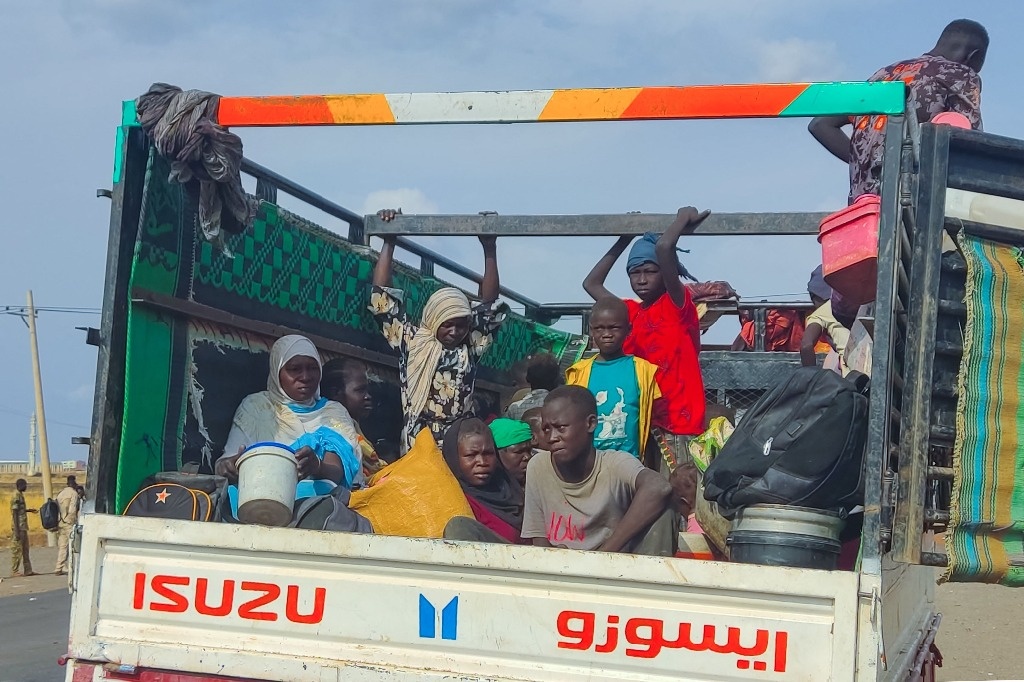Plan Mafalda asks for assist for refugees in Greece
Tuesday, July 16, 2024, 18:41 Copy hyperlink WhatsApp Fb X (previously Twitter) LinkedIn Telegram Threads The cultural affiliation Plan Mafalda is launching a humanitarian support marketing campaign for refugee camps in Greece. It is a collaboration with the cooperation and growth affiliation ‘Purple SOS Refugiados Europa’, which has been finishing up and coordinating support actions … Read more









